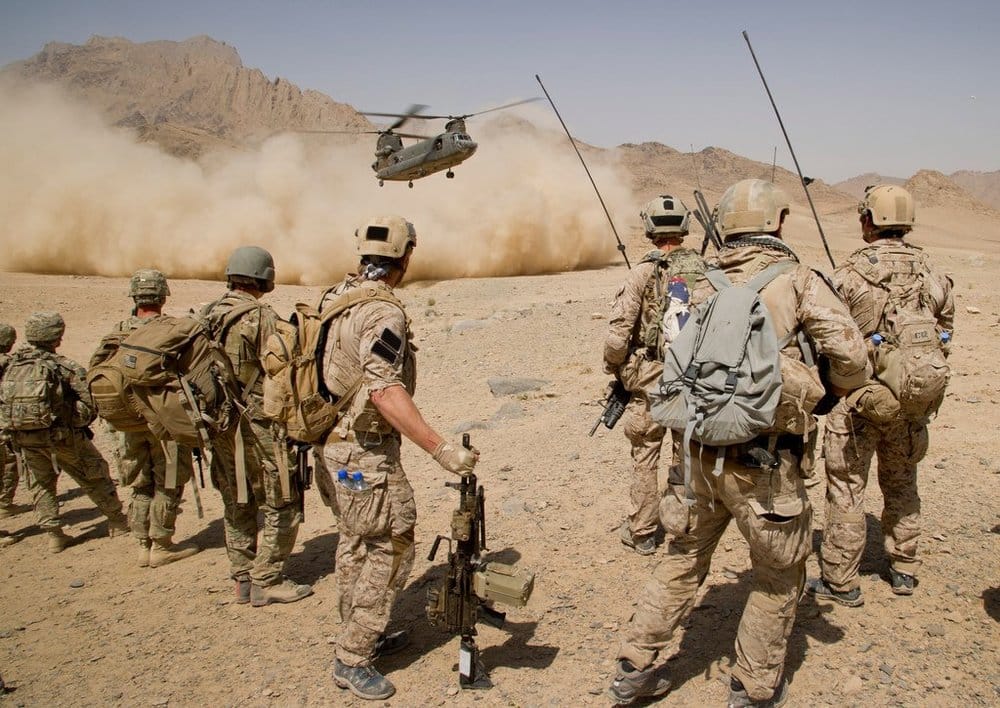The United States has recently intensified its military strikes against the Houthi forces in Yemen, a development that occurs concurrently with rising tensions involving Israel. This escalation is part of a broader strategy to address security concerns in the Middle East, where various conflicts have created complex geopolitical dynamics. The Houthis, who have been engaged in a protracted civil war in Yemen since 2014, are backed by Iran, which adds another layer of complexity to the situation.
The decision to amplify strikes against the Houthis comes as the US seeks to reinforce its commitment to allies in the region, particularly in light of the ongoing hostilities involving Israel. The situation in Israel has drawn international attention, with various nations expressing concern over the potential for broader conflict. The US has historically maintained a strong alliance with Israel, and this relationship plays a crucial role in its foreign policy decisions in the Middle East.
US military officials have indicated that the strikes against the Houthis are aimed at degrading their capabilities and deterring further aggression. The Houthis have launched numerous attacks targeting Saudi Arabia and other regional adversaries, which has prompted a response from the US. The strikes are intended to send a clear message that the US is prepared to act decisively in defense of its interests and allies in the region.
The Houthis, for their part, have condemned the US strikes, framing them as an infringement on Yemen’s sovereignty. They have vowed to continue their resistance against what they perceive as foreign aggression. The situation on the ground in Yemen remains dire, with millions of civilians affected by the ongoing conflict and humanitarian crisis. The escalation of military operations raises concerns about the potential for further destabilization in an already volatile region.
The international community is closely monitoring the situation, as the implications of US military actions extend beyond Yemen. The relationship between the US and Iran is particularly significant, as Tehran continues to support the Houthis. This support is viewed as part of Iran’s broader strategy to extend its influence across the Middle East, which has alarmed both the US and its allies.
In addition to military considerations, the humanitarian situation in Yemen is a pressing concern. The country has been embroiled in a civil war that has resulted in one of the worst humanitarian crises in the world. Millions of people are in need of assistance, and the escalation of military operations could exacerbate the suffering of civilians. The US has faced criticism for its role in the conflict, with calls for greater attention to humanitarian needs alongside military objectives.
As tensions with Israel continue to rise, the US may find itself navigating a complex landscape of alliances and adversaries. The situation is fluid, and the potential for escalation remains high. The US government’s actions in Yemen are likely to be scrutinized not only for their military effectiveness but also for their broader implications for regional stability.
In conclusion, the US has amplified its military strikes against Yemen’s Houthis as part of a strategic response to rising tensions in the Middle East, particularly concerning Israel. This escalation reflects the intricate web of alliances and conflicts that characterize the region. As the situation evolves, the international community will be watching closely to assess the impact of these developments on both regional dynamics and humanitarian conditions in Yemen.



